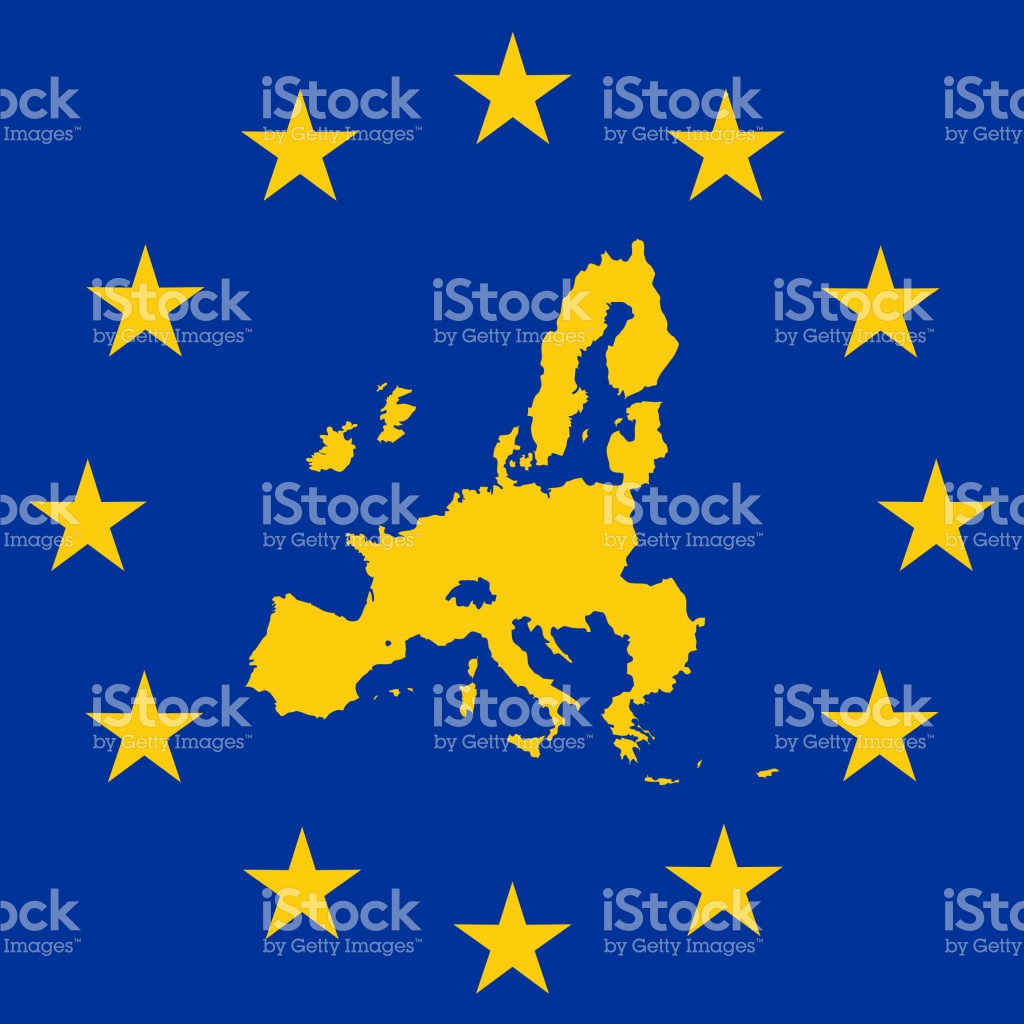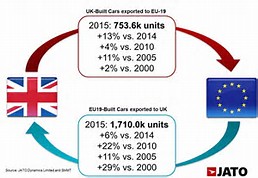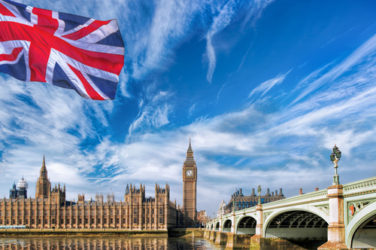My father was Irish and my mother Welsh, so its clear I am fiercely biased on the referendum issue. But that does not mean I have no concern for the fate of England in the wake of a “yes” vote in September. Anyone who cares for the game of cricket recognizes that its future, at least in the Atlantic islands, is almost certainly safer having an English wicket keeper than having a celt. More generally, the inhabitants of what was once called, by a poet demonstrating an abysmal knowledge of island habitat, that “green and pleasant land”, have been having a rough time of it these past few years, so it would be sheer “schadenfreude” to wish things to get worse. Hence, as the call to the urn draws very close, it is time to think of a Plan B for England. If the efforts of past and present Prime Ministers, all with Scottish roots (and intellects) of greater or lesser depth, to persuade the Scottish people not to end existing arrangements should happen to fail, then what will be the future for those south of the border?
Lets first take stock (celts would prefer broth, but this time I will stick with the Angles) of what the arrangement has meant for the southerners since the “Act of Union”, the polite term usually given to the arranged marriage. Much recent discussion has focused on the use of natural resources, particularly those belonging to Scotland, and their implications for living standards both north and south. North sea oil (and most of it is in the north) has been more or less the only natural resource which has been thoroughly explored and exploited in the islands during at least the past 35 years – the Thatcher period marked both the rise in oil exploitation and the end of the coal mines. Yet the narrow focus on oil obscures most of what is interesting about economic change. The key resource anywhere is people; for good or bad, they decide how all other resources will be employed. Now historically Scottish people have shown themselves to be at the very top with regard to innovation, industry, civil engineering, finance, medicine, and above all entrepreneurship. For a country with a population nowadays less than say Austria or Switzerland, Scotland’s contributions in all the areas mentioned have been outstanding when measured on a global scale. The thriving universities of today follow a centuries long tradition of emphasis on higher learning, but with a sharp eye to its practical value. While in England the lament for scientific research conducted there, yet commercialized elsewhere, has been an all too familiar sound, in Scotland the track record has been far better.
The sense of a pioneering country resonates in the geographical ambit. Very few countries can match the record of Scottish people as explorers, and more still, as genuine founders of new settlements. It is no accident that the English could hardly avoid reference to a “British Empire”, since so much of the actual creation and consolidation of that entity would not have happened without the vision, ambition and skills of Scottish military and business leaders. The diaspora which started centuries ago has been sustained into contemporary times, and the interactions with people from those foreign lands have been steadily reinforced. Scotland today has a strong and valuable brand, has an image, which is immediately recognizable not only to those of Scottish descent, but also to millions who have benefitted from intellectual, artistic and economic interactions with Scotland. While England also has a brand with many positive features, there is a strong negative side too – due to its history, England has created crosses for its own back. Moreover, it persists in this behavior, as the never- ending story of its sour relationship to other Member States of the European Union bears witness.
In the post referendum epoch, and assuming that “the Ayes have it”, the whole area of foreign relations, economic and diplomatic, will be a powerful factor determining the relative success of the two countries. Let’s start with Europe in its fullest sense, meaning countries both within and without the EU. It is now more than half a century since “the UK” became a Member of what was then the European Common Market. Throughout those decades, it has developed a reputation for wanting things always on its own terms. That reputation, fully deserved, has been associated overwhelmingly with the England part of the Kingdom. Scotland has not been so damaged. In Brussels, and more or less everywhere else, the English behavior has effectively created the worst of both worlds. Inside the Union, its voice carries very little weight, and musters few allies for protest – thus the policies it criticizes are the ones adopted with little save a bare doff of the hat to English objections. But because of this ineffectiveness, the Kingdom is compelled to labor under the policies to which it objects. Granted, the euro was not adopted, the islands are not part of the Schengen Area, and other forms of more or less particular status have been obtained. All of this, however, has come at a very steep cost, the full magnitude of which is by no means yet fully evident. In politics and diplomacy, memories can be short or long, depending on what is convenient. We can be sure that for English behavior in Brussels, memories are long.
What does this mean for the fast approaching new epoch, when “England’s kingdom” (EK for short) no longer includes Scotland? It is very likely that the two new legal entities will separately be required to apply for membership of the EU. In the event that they did decide to apply (by no means a foregone conclusion in the current political conditions in EK and with its possible referendum on the subject 3 years from now), they would be liable to receive very different treatment. It is true that both EK and Scotland would meet the basic requirements for membership (as such requirements now stand), and it is equally true that both already possess the “acquis communautaires” which must be satisfied for membership. Yet it is inconceivable that the requests would, above all in the EK case, be treated as if the past had not happened. The very best which EK might hope for would be to enter subject to very strong conditions regarding in particular the financial sector, conditions that may be difficult for the City of London to swallow. The internal struggles over those conditions in EK would likely be so ferocious as to tear things apart in any case. Scotland, however, would almost certainly receive a far more accommodating reception. Indeed, it is hard to think of any current Member States which might raise objections.
What of that other half of the more than 50 States officially considered as European but which do not belong to the EU? Here again, the balance for Scotland is much more favorable than for EK. Over the past few years, enormous progress has been made in Scotland’s relations with Norway, a country that in both geographic and economic terms has so much affinity with it. Indeed, the natural links are so strong that the north of the North Sea is rapidly becoming an economic and cultural world with its own significant identity. Elsewhere, the very fact that Scotland has not had any independent foreign policy means that it would not be held responsible for a number of the antagonisms which exist in relation to past actions of the UK. Even if current economic ties are not strong with other European countries, there is lots of scope for promising activities to be initiated.
In other regions of the world, the future holds considerable promise for Scotland. Precisely because the present and the future are periods of immense seismic shifts in economic and political power, a smaller country which commands substantial international respect is presented with major opportunities. This is patently the case for North America, where the historical achievements of Scottish people are part of the economic and social fibre, and where new initiatives from Scotland would certainly be received with exceptional interest. A similar statement holds sway for Australia and New Zealand. And in so many other places, the same can be said.
Once more, it is difficult to see that same enthusiasm being an asset for EK. Whereas Scotland would be viewed as a fresh and vibrant entity, largely free of burdensome historical baggage, a similar perspective is not likely to prevail for EK. Indeed, the very fact that Scotland no longer is part of the larger entity would raise key questions. Will EK suffer further losses, through the reunification of Ireland? Can the smaller kingdom be as effective without the drive stemming from Scotland? What sort of political posture will EK seek to have?
What has been argued here is essentially that Scotland will be viewed as a new entity, coming with rich traditions in so many fields. For a new world, it will be perceived as a valuable new member. EK, on the other side, will be perceived with some suspicion, with notable unease (what kind of policies will this place follow?), and definitely not as a new country on the upswing.
So much discussion around the referendum, particularly from the English side, has been shaped around questions purporting to be concerned about Scotland’s economic and financial viability. Given that it currently uses the same currency as the rest of the UK, and that some 60% of its trade is with England, the discussion has tried to portray an independent Scotland as a highly vulnerable economy which would lose out if the existing constitutional arrangements were altered. To this, the specter of gradually diminishing oil reserves, accessible only at ever increasing costs, has been added. This way of portraying realities is highly misleading. The history of divorce, especially divorce where both parties have real assets, shows that there are countless instances where the apparently weaker party is in fact far stronger. Indeed, any advocate who nowadays tries to use the “you will never make it without me” approach, does nothing other than expose their client (not to mention themselves) to derision. In practice it is EK which should be worried. Size alone has never been a decisive element in creating and sustaining national welfare – a cursory look at any respectable list of the better off countries in the world (excluding territories that are only tax havens) is enough to demonstrate that small, rather than large, countries are the ones at the top. Far more important than natural resources are human related resources, meaning people themselves, their skills, and their sense of common interests. On this scale the future Scotland comes out very well indeed.
In the post UK world which is soon to dawn, the survival question has to be posed to EK. As of today, it looks as if it will have a major task ahead of it.





